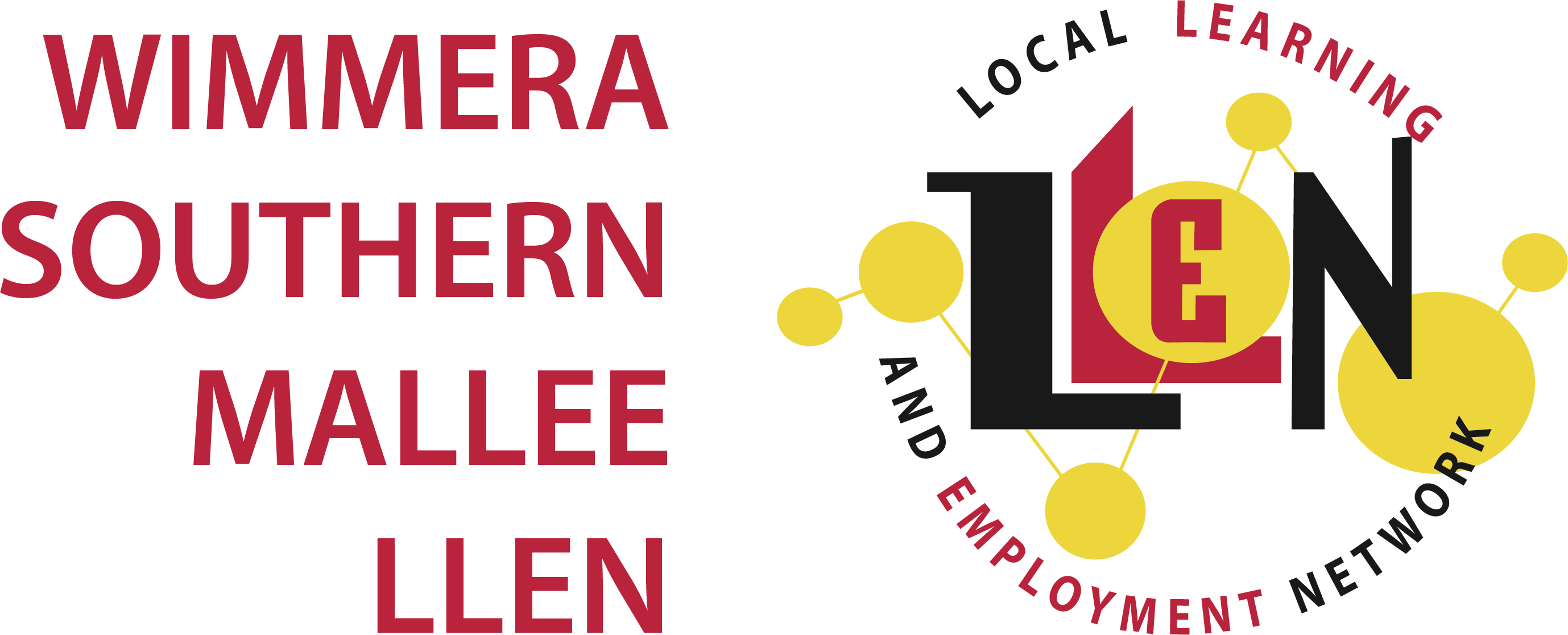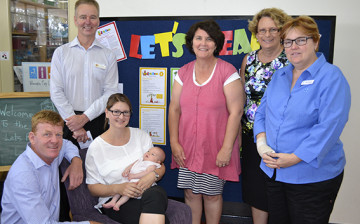Wimmera leads the way
The Wimmera Southern Mallee region is leading the nation in an effort to improve literacy. The Let’s Read program will be implemented across the region throughout this year. This is the first time that the program has been rolled out in every community across four shires. The program will support all families across the 28,500 km2 covered by the Hindmarsh, Horsham Rural City, West Wimmera and Yarriambiack shires.
So, why is improving literacy important? Low literacy levels generally lead to poor education and life outcomes. A 2011 Australian Bureau of Statistics study shows that 44% of Australians, aged 15-74 have literacy levels below level 3. Level 3 is considered as the minimum level to meet the complex demands of life and work in the 21st century. The Adult Literacy and Life Skills survey also found that 600,000 Australians fall below level 1 reading level and a further 1.1 million Australians are at level 1.
What does this mean for our communities? The future prosperity and well being of the region (and the nation) depends on having a skilled literate workforce. Our local businesses and our communities need people with good reading and maths skills to ensure that the Wimmera Mallee continues to grow and thrive. Poor literacy skills are associated with generally lower education, earnings, health and social outcomes as well as being linked to high rates of unemployment, welfare dependence and teenage parenting.
The Industry Skills Council 2011 paper, ‘No More Excuses’, highlights the critical need for improvements in language, literacy and numeracy skills and noted the following key points:
- Language, literacy and numeracy (LLN) are the essential skills that enable people to be productive in their work, to continue to learn and develop, and to participate fully in society.
- Literally millions of Australians have insufficient LLN skills to benefit fully from training or to participate effectively at work
- The situation looks as if it could be getting worse, not better: the LLN performance of Australian students has, over the past decade, worsened in comparison to other OECD countries
The Wimmera Southern Mallee LLEN is working with Maternal Child and Health nurses, schools, kindergartens, playgroups, local government and community organisations to implement the Let’s Read program across the region. Let’s Read is an early years literacy program aimed at promoting the importance of reading with young children from birth to 5 years. The program was developed at the Royal Children’s Hospital, Melbourne. The Murdoch Children’s Research Institute and The Smith Family have partnered to implement Let’s Read with communities across Australia.
The program delivers support, books and resources to families at 4 different child age points. Maternal and Child Health nurses provide support and the resources to families when their babies are 4 months, 12 months, 18 months and 3½ years.
Parents are children’s first and most important teachers. Try to read at least one book a day to your child. Your children will grow to love books and become strong readers. The earlier you start, the better, and remember, kids who read succeed!


